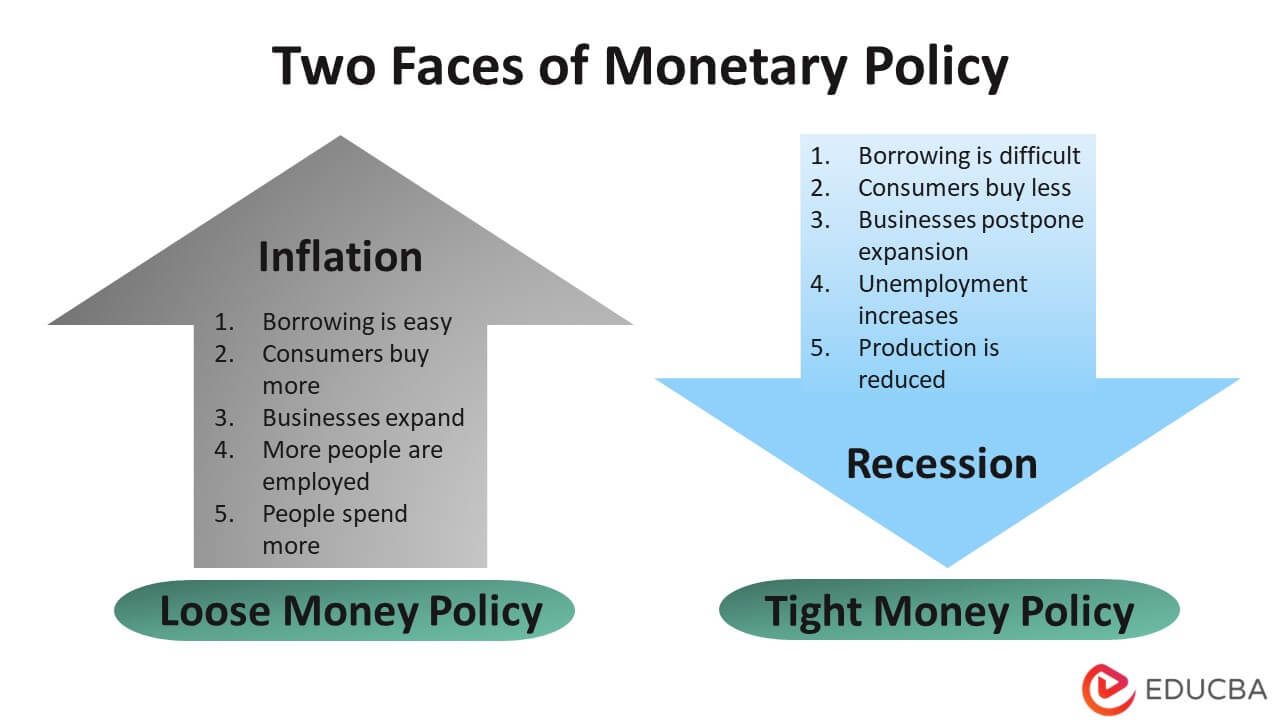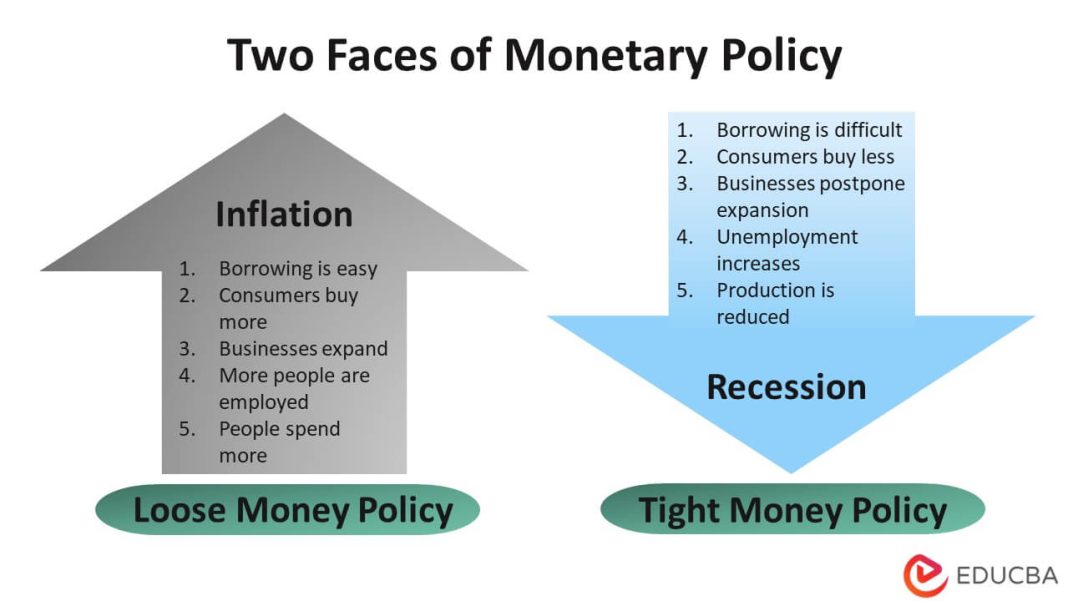
Presidential Influence on the Federal Reserve: A Historical Perspective
Introduction
The topic of Federal Reserve (Fed) independence has gained significant attention due to comments made by former President Donald Trump. While there is concern about the potential impact on the Fed’s independence, it is important to understand the historical context and the extent of presidential influence on monetary policy.
Presidential Influence throughout History
Contrary to popular belief, presidents have always had a considerable influence on monetary policy. Even though the Federal Reserve Act of 1913 aimed to establish the Fed’s independence, historical evidence suggests otherwise. During the two world wars, the U.S. Treasury directly controlled monetary policy, indicating direct control from the White House. It was only in 1951 that the Treasury-Fed Accord separated Fed policy from government debt management, reinstating the appearance of independence.
Presidential Influence in the 1970s and 1980s
The 1970s and 1980s serve as examples of presidential influence on the Fed. During the Nixon administration, pressure from the White House led the Fed to yield to economic weakness, despite accelerating inflation. President Jimmy Carter also leaned on the Fed to avoid a recession in the mid-1970s, resulting in both a recession and inflationary pressure. It wasn’t until the early 1980s that Fed Chairman Paul Volcker resisted White House pressure and implemented anti-inflation monetary restraint.
Recent Examples of Presidential Influence
Presidential influence on the Fed continues to be evident in recent years. In 2018, President Trump pressured Fed Chairman Jerome Powell to cut interest rates, which Powell eventually yielded to in 2019. While Powell claimed the cuts were not in response to presidential pressure, it is clear that the influence played a role. The COVID-19 pandemic further highlighted the impact of the White House on monetary policy, as dramatic interest rate cuts were necessary to combat the economic fallout.
The Debate on Fed Independence
The debate surrounding Fed independence stems from concerns about political pressure leading to chronic inflation. Critics of Trump’s proposals argue that they violate the Federal Reserve Act’s intent to establish independence. However, given the historical evidence of presidential influence, the notion of complete independence seems more like a legal fiction.
The Unlikelihood of Formal Changes
Despite Trump’s desire to give the president more power over the Fed, any formal change to the arrangements is highly unlikely. Amending the Federal Reserve Act would require a contentious vote and Republican majorities in both houses of Congress. The current political climate suggests that such a change is unlikely to occur.
Conclusion
While there is ongoing debate about the extent of presidential influence on the Federal Reserve, historical evidence suggests that presidents have always exerted significant control over monetary policy. Trump’s proposals, though controversial, are not a significant departure from past practice. The issue of Fed independence is more political posturing than a genuine policy concern.


